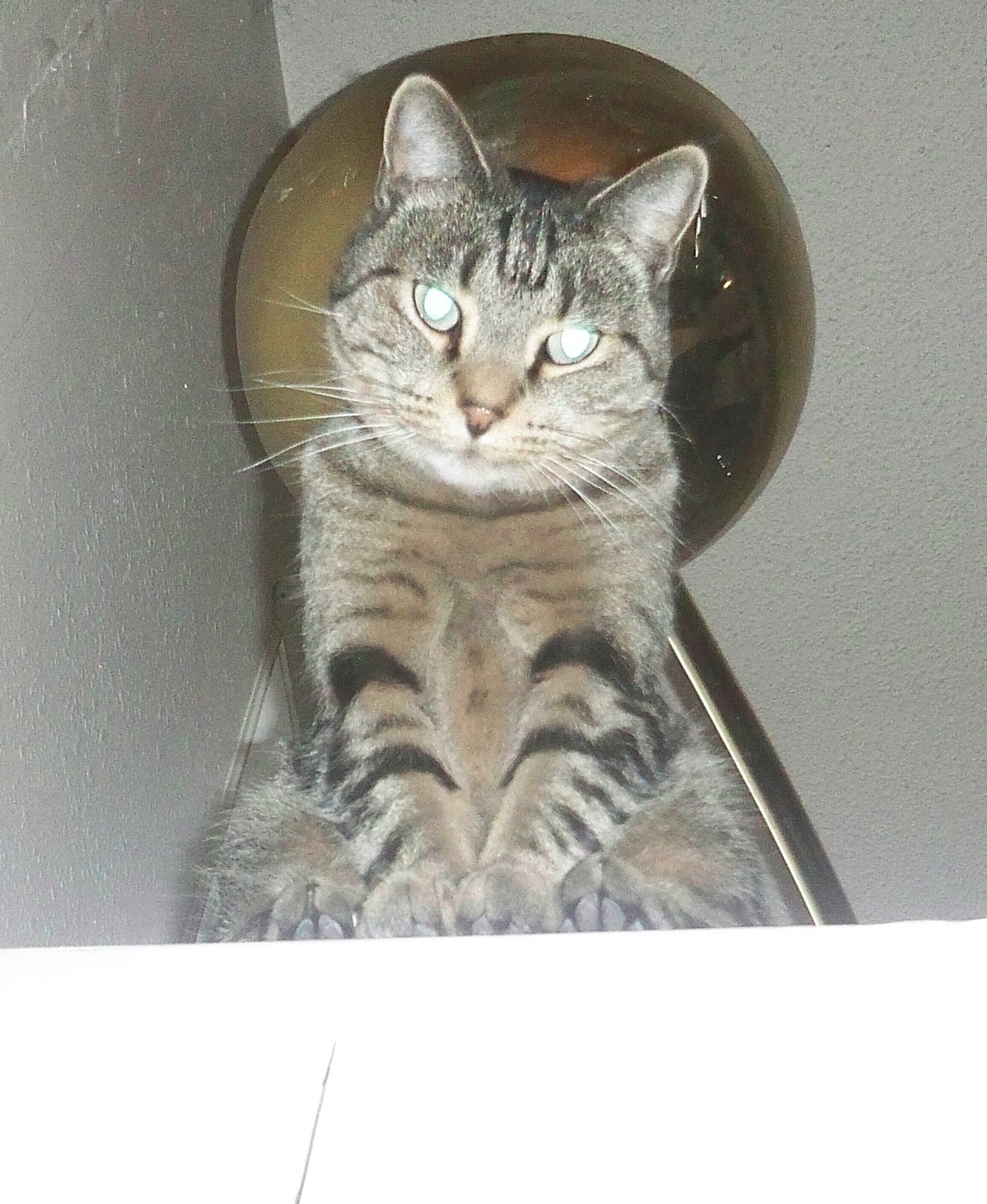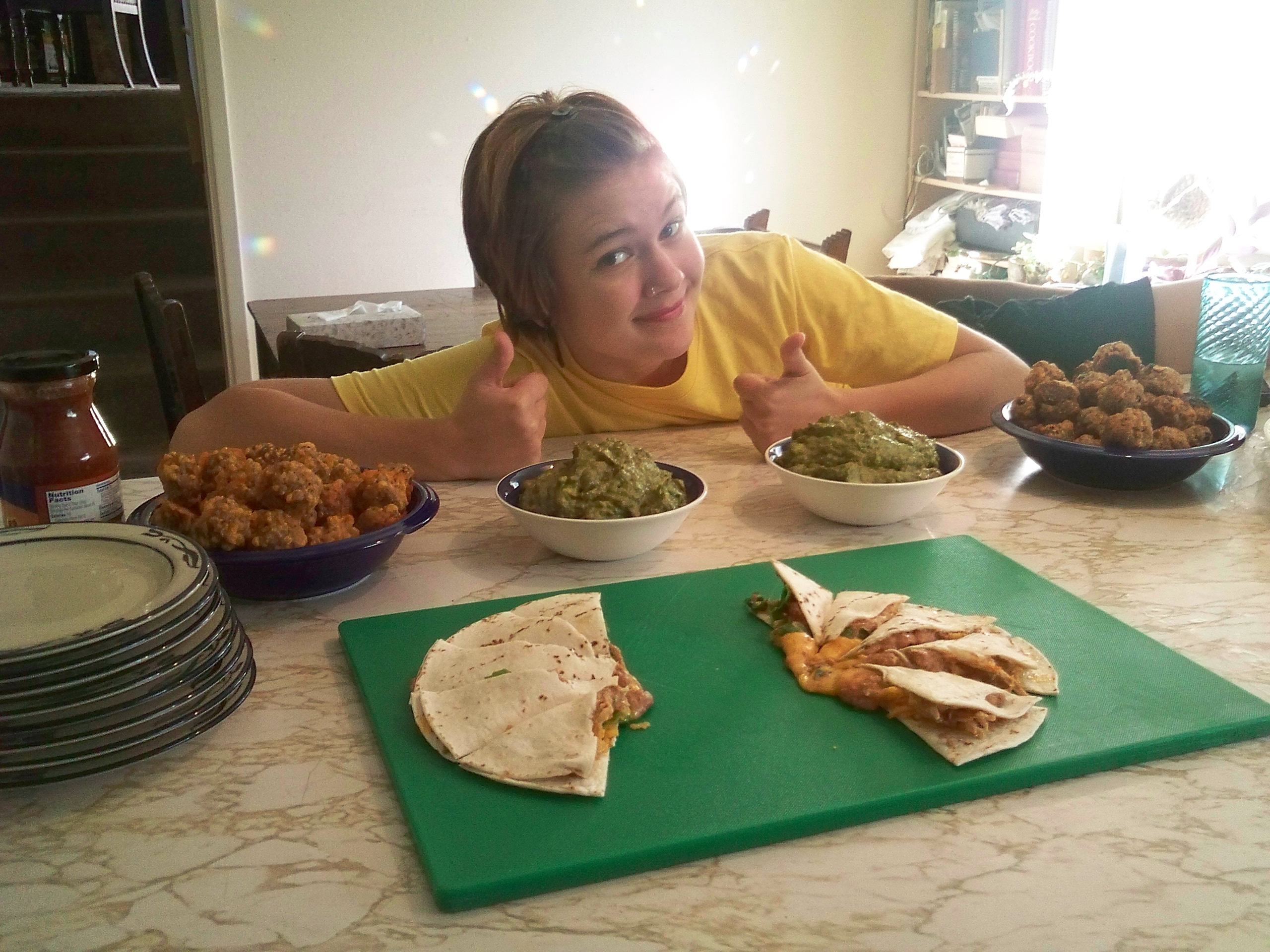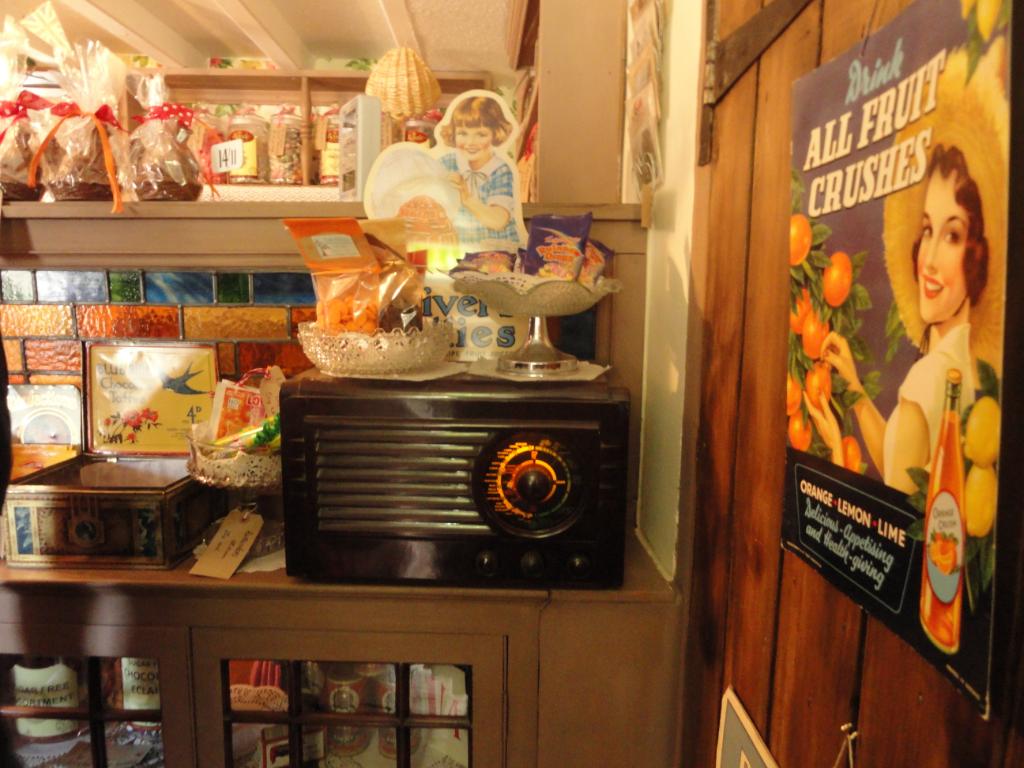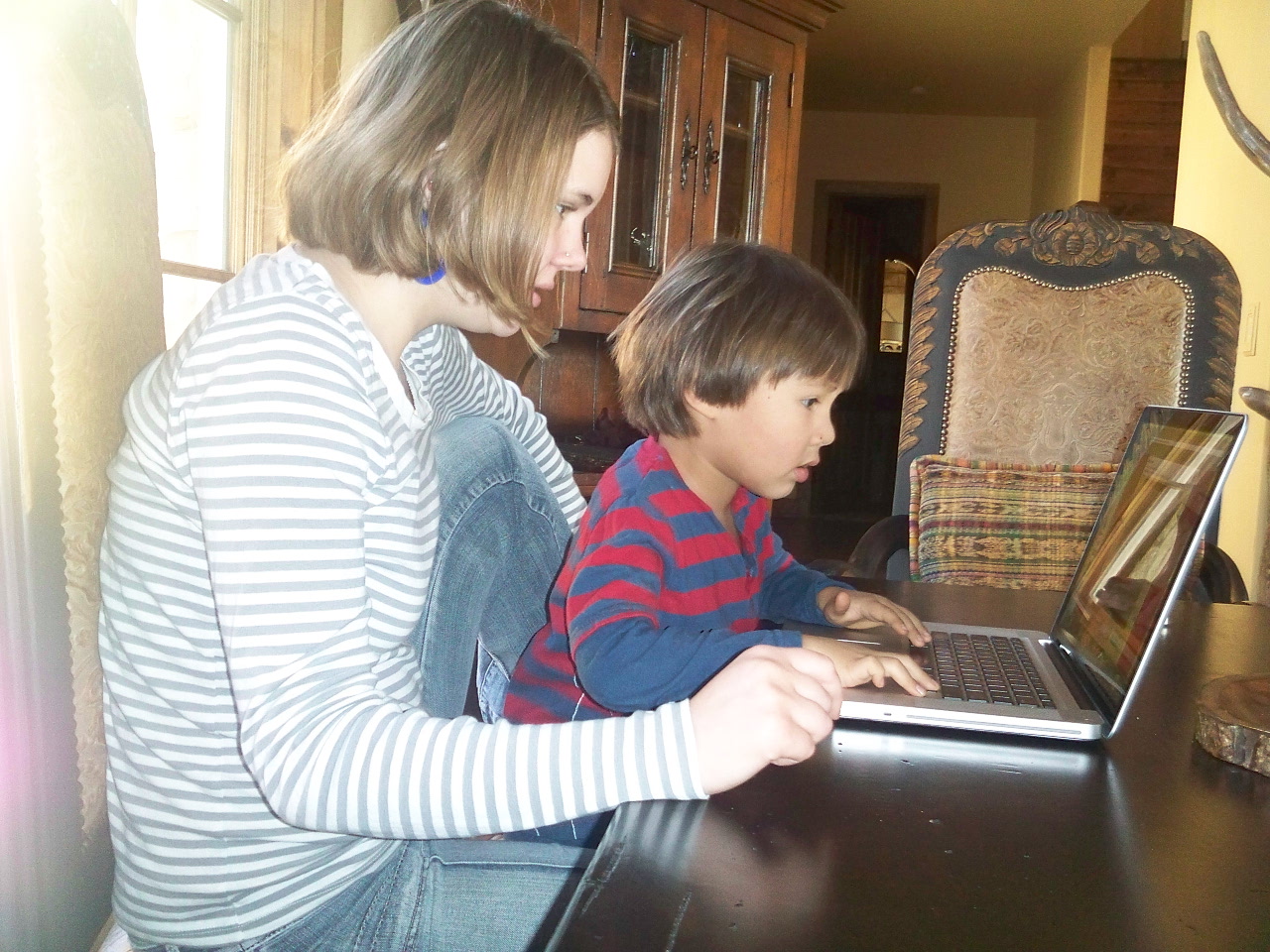When Kirby was four or five, they had a Nintendo and we didn't, but [they] kept it up in the closet. Once Kirby played it, he always wanted to play it when he went over. Our simple solution to that was to buy him a Nintendo. After that, when he went to their house, he played in the yard.
They only used their TV for the Nintendo (when it was out, for a measured session) or for videos (sometimes, not much). When those kids came to our house, they only wanted to watch TV.... If TV has never been limited or demonized, it will never be so mesmerizing.
There is another factor that will make it mesmerizing for children: depression and a need to escape. Kids who hate their lives are better off focusing on the TV so strongly that they don't even see the wall behind it. Sometimes it's their only way out of the room. ... But if the TV is just one of a myriad of interesting things, and the room is a happy place, and there are others watching TV and it will lead to conversations, singing, research, drawing, play-acting and dress-up, it's not so mesmerizing.
photo by Sandra Dodd, of Kirby (middle)
playing with a five-year-old, in 2014 or so
That day, what came out to the interviewer was "Kids who hate their lives..." but any kid who is stressed and stuck might need such an escape; it's not unhealthy.




















